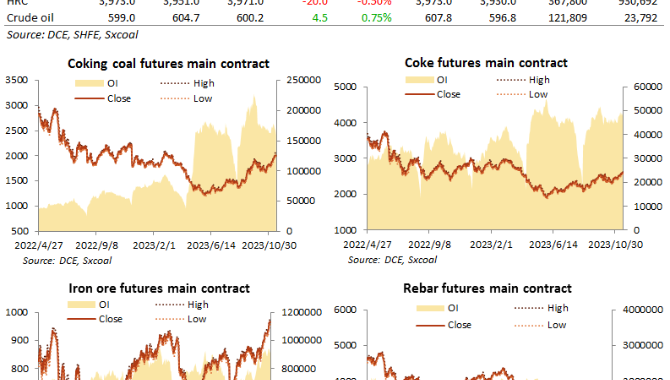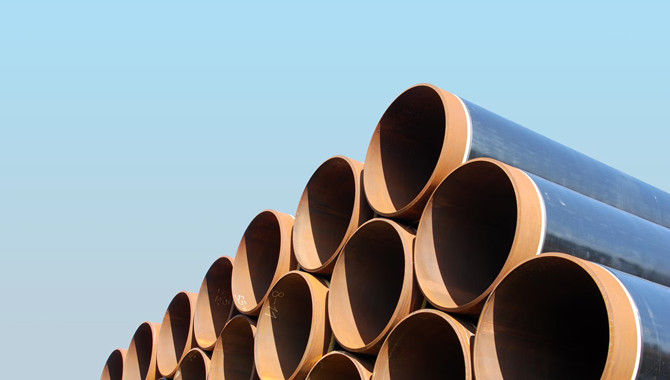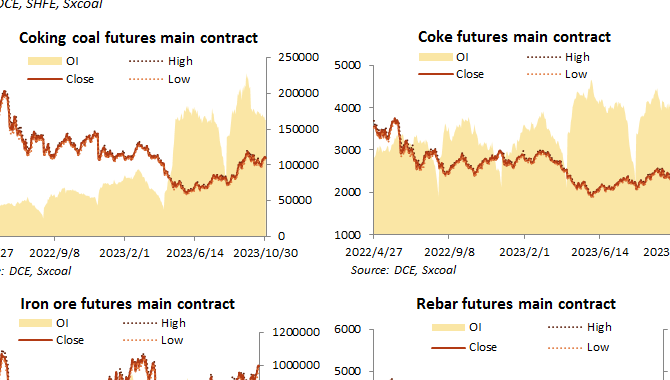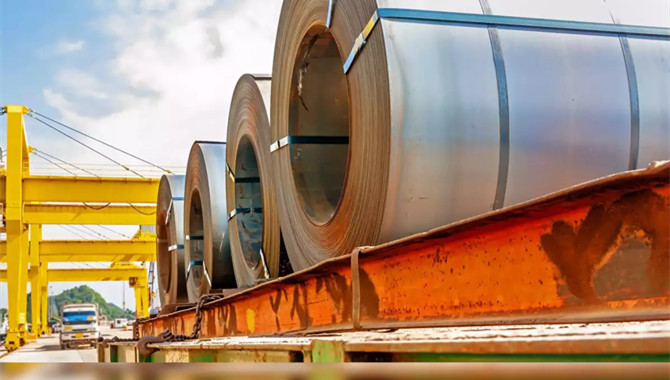
The sharp slump in global crude demand, China in particular, due to the coronavirus outbreak has compelled several trading companies and cargo-holders to resort to floating storage, mainly on VLCCs, for up to six months in Singapore and elsewhere, market participants said Friday.
The US Energy Information Administration earlier this month lowered its forecast for average global petroleum and liquid fuels demand for the first quarter of 2020 by 0.9 million b/d, which is a potential demand destruction equivalent to 15 VLCCs a month.
A lack of buyers and cancellation of contracts has prompted many companies to park their crude on VLCCs near Singapore. In the latest deals, the 2005-built Bunga Kasturi Dua was chartered by Petrobras for floating storage for a month with option to extend for another month at $21,000/day, sources said. The 2010-built Nave Constellation has been time chartered by NPI for one year with an option to extend by six months or even longer, they said.
Other companies which have chartered VLCCs with an option to store crude include Vitol and Clearlake sources said. Vitol and Clearlake executives could not be immediately reached for comment.
Most onshore tanks in China are full and refinery runs have been dropped, said a broker in Tokyo.
Neither the refineries can stop altogether nor are they able to sell the products due to weaker domestic demand and as the effect cascades they are left with no option but to store crude on the VLCCs, the broker said.
According to the shipping industry estimates, at least 40 VLCCs are being used for floating storage near Singapore, but close to half of them are loaded with fuel oil. The number of VLCCs doing floating storage for crude is not more than 20 including those in West Africa and outside port limits in China, the estimates showed.
The number of ships storing crude in Southeast Asia changes by the day as they wait for storage space to be cleared in China and similar problem may be faced in South Korea next month, said a source with a VLCC broker.
Tullow Oil has taken a 2008-built VLCC, the Kokkari for short term time charter with a storage option near West Africa, according to brokers.
DISTRESS STORAGE VS CONTANGO
The crude is being stored on VLCCS at a time when there is no clear contango in its prices, where the suppliers can store now and sell later at higher prices. On the contrary, the crude prices are in backwardation.
Crude slid for a fifth straight session Thursday to settle at 14-month lows amid a continued focus on the economic impact of the coronavirus outbreak. ICE April Brent settled down $1.25 at $52.18/b and NYMEX April WTI was $1.64 lower at market close at $47.09/b.
The current floating storage is being described by market participants as holding back cargoes in distress but with still some chances to make profits if the demand situation alters.
“It is a huge problem, [companies] must store the cargo until demand picks up, there is nobody to deliver the cargo” in China, one of the VLCC brokers said.
Most recent deals for VLCCs regarding short-term floating storage have been done just above $20,000/day but at least one deal has been heard around $36,000/day, according to sources tracking these developments.
Time charter rates for ships of the same size vary depending on the duration and location of storage and also the age of the ship apart from whether it is fitted with a scrubber.
Crude prices may recover after the dust settles on the coronavirus epidemic and those long on crude will then be able to make profits, another VLCC broker in Japan added.
However, source with one of the companies, which has given a VLCC for such storage said that crude currently lacks volatility and if the average gain in prices is small, “the storage position becomes a risk and the charterer will not like to hold the cargo for long.”
However, as of now the epidemic is spreading in other countries geographically, ranging from South Korea to Italy, raising concerns over a strong possibility of weak demand through the second quarter of 2020.
Many of the ships under floating storage may have to wait for one-two months before the onshore tank space is cleared, sources said.
This storage on VLCCs is being done to avoid incurring huge demurrage costs of around $40,000/day while waiting at Chinese ports, an executive with a VLCC owner said.
A few VLCCs currently do Singapore-China voyages after floating around for a while, but if the demand is less, they do a ship-to-ship transfer on Aframaxes and smaller parcels are moved thereafter, one of the brokers said.
In a backwardated crude market where prices are expected to fall further, the challenge for those holding cargoes is not only to cover the cost of storage and cargo but also freight from Singapore to China, if the barrels are purchased on a delivered, or CFR basis, the same executive with a VLCC owner said.
To move two million barrels of crude in smaller parcels to China will require three Aframaxes, which entails freight costs as well, he noted.
Source:Platts
The opinions expressed herein are the author's and not necessarily those of The Xinde Marine News.
Please Contact Us at:
admin@xindemarine.com


 PIL launches Academy to strengthen workforce compet
PIL launches Academy to strengthen workforce compet  Coal shipments to advanced economies down 17% so fa
Coal shipments to advanced economies down 17% so fa  China futures market updates at close (Nov 14)
China futures market updates at close (Nov 14)  CISA: China's daily crude steel output down 5.7% in
CISA: China's daily crude steel output down 5.7% in  China futures market updates at close (Oct 31)
China futures market updates at close (Oct 31)  CISA: China's daily crude steel output down 1.2% in
CISA: China's daily crude steel output down 1.2% in